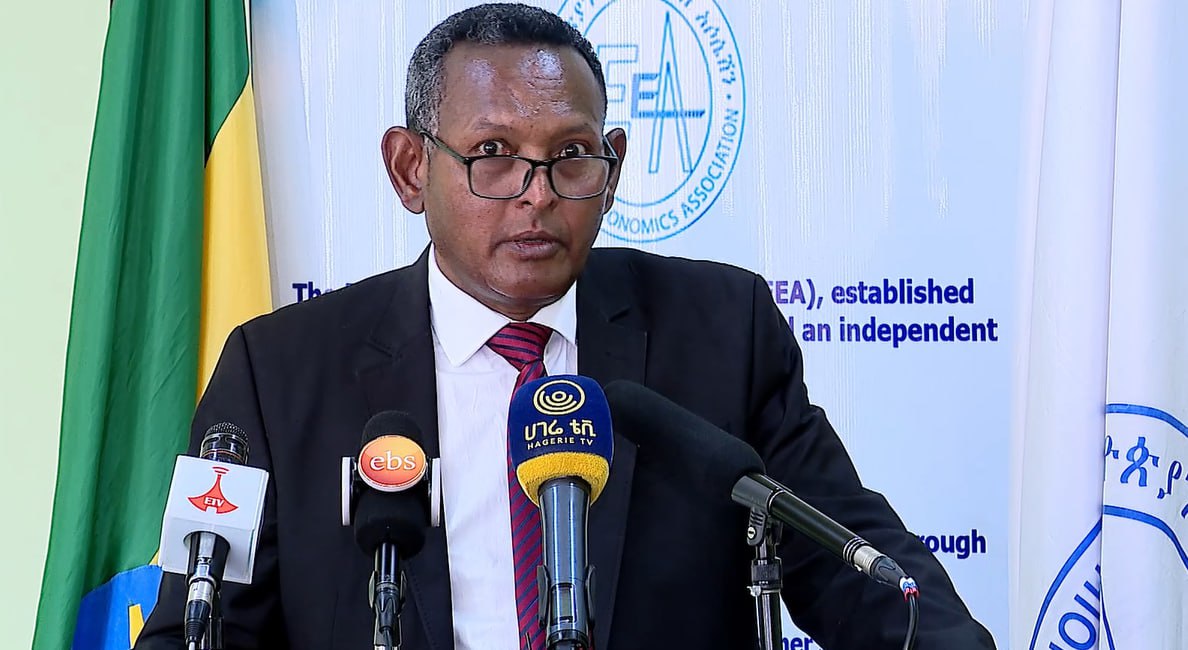Ethiopia Requires Financial System Reform for Vibrant Markets Comparable to BRICS Members - ENA English
Ethiopia Requires Financial System Reform for Vibrant Markets Comparable to BRICS Members

Addis Ababa December 21/2023 (ENA) Ethiopia needs to reform its financial system to create vibrant financial markets comparable to member states in the BRICS, according to a study conducted by the Ethiopian Economics Association (EEA).
The study titled "Does Ethiopia Benefit from Joining the BRICS? Perceptions and Global Trends" was presented at the Ethiopian Economics Association today.
The association has employed a perception survey of some 233 economists as primary data on the expected costs and benefits of Ethiopia from this emerging bloc.
The study stressed that the financial reform would allow Ethiopia to maximize its benefits from the BRICS membership.
Recall that Ethiopia was invited to join the emerging-markets bloc of Brazil, Russia, India, China and South Africa (BRICS) at the end of August 2023.
Presenting the study, Ethiopian Economics Association Research and Policy Analysis Director Degye Goshu said BRICS provides great opportunities in human resource development, information and technology development as well as development finance.
But Ethiopia has to work with both the BRICS and western financial institutions like World Bank and IMF, he added.
According to him, Ethiopia does not compete with other member states in terms of financial institutions, financial market development and other things.
However, the country will benefit from the bloc (BRICS) if it improves on these. It is especially imperative to make banks autonomous.
The director urged the nation to focus on financial, policy, and bank governance reforms that will allow it to reach the level that many countries have reached.
More importantly, Ethiopia should strengthen its capacity for effective operation of financial markets, he added.
“The country is required to create vibrant financial markets comparable to member states in the BRICS,” the director stressed.
The study has given context on the ongoing global trends in the New International Economic Order (NIEO) and those factors that pushed Ethiopia to join the BRICS bloc.
NIEO is an economic movement proposed with the primary objectives of reforming the international financial institutions and redistribution of wealth between developed and developing countries.
The other aim of the New International Economic Order was to ensure sovereignty of developing nations and enhancing South-South cooperation.
However, Degye believes that the New International Economic Order has not yet realized its primary objectives.
According to him, the governance gap between the developed and developing nations has increased.
For instance, voting power at the World Bank Group (WBG) and IMF is controlled by few countries. Out of 189 countries in WBG, five countries have 37 percent vote; whereas 162 countries have only 30 percent vote.
This has resulted in income and export gaps between high income countries and least developed countries.
The Foreign and Direct Investment (FDI) net inflows and outflows remain unchanged.